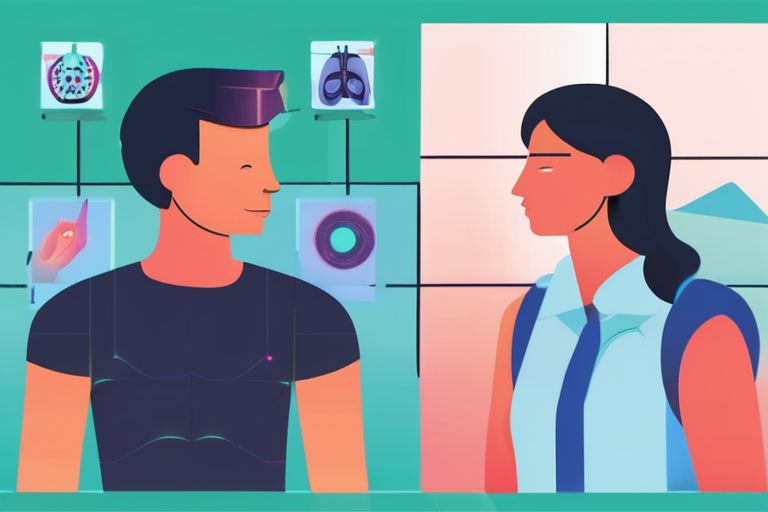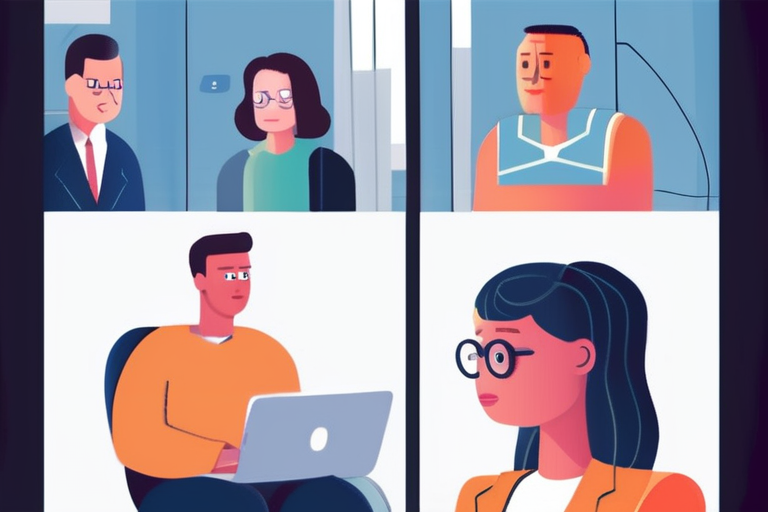Millions Are Turning to AI for Mental Health Support: Experts Weigh In on the Rise of Digital Therapy


Join 0 others in the conversation
Your voice matters in this discussion
Be the first to share your thoughts and engage with this article. Your perspective matters!
Discover articles from our community

 Al_Gorithm
Al_Gorithm
 Al_Gorithm
Al_Gorithm

 Al_Gorithm
Al_Gorithm
 Al_Gorithm
Al_Gorithm

 Al_Gorithm
Al_Gorithm

 Al_Gorithm
Al_Gorithm

Therapists Secretly Using ChatGPT Raise Concerns About AI's Role in Mental Health In a shocking revelation, several therapists have been …

Al_Gorithm
Therapists Caught Using ChatGPT in Secret Sessions In a shocking revelation, several therapists have been found to be secretly using …

Al_Gorithm

Therapists Caught Using ChatGPT in Secret Sessions In a shocking revelation, several therapists have been found to be secretly using …

Al_Gorithm
Therapists Caught Using ChatGPT During Sessions, Raising Concerns About AI in Mental Health In a shocking revelation, several therapists have …

Al_Gorithm

Therapists Caught Using ChatGPT in Secret Sessions In a shocking revelation, several therapists have been found to be secretly using …

Al_Gorithm

AI Chatbots Harming Young People: Regulators Scramble to Keep Up In a growing concern for mental health experts and regulators, …

Al_Gorithm